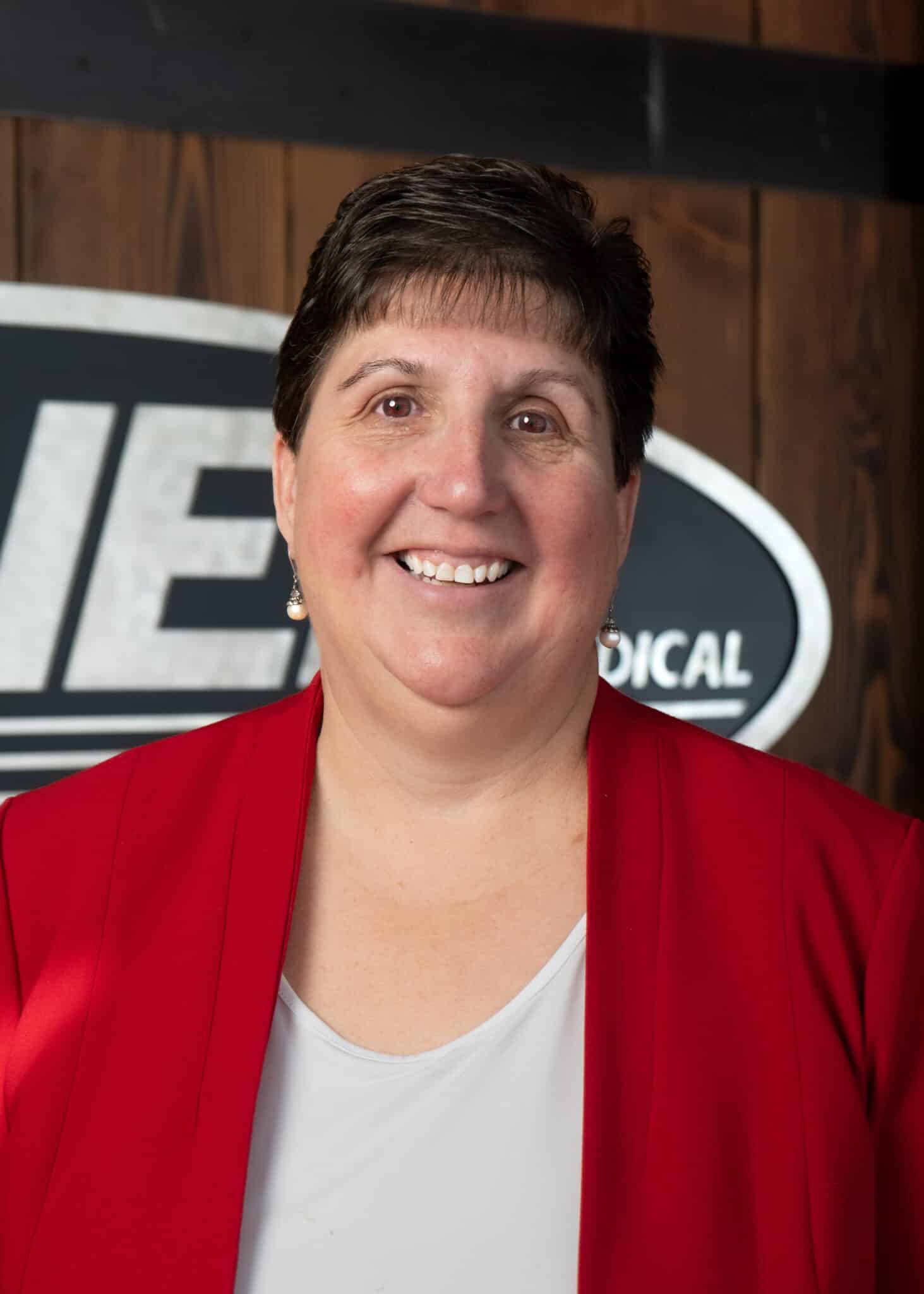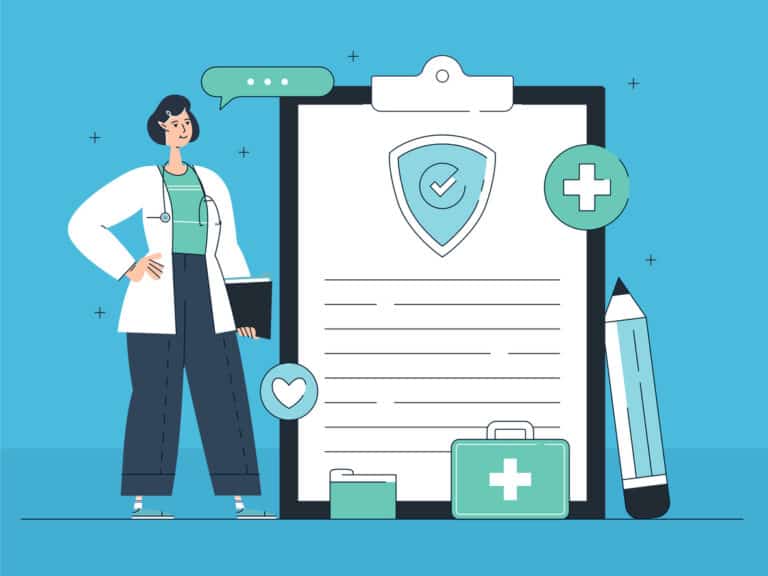
In my first two months at Fuel, as I’ve been getting to know my new coworkers and meeting with members about billing and coding issues, I’ve noticed a significant amount of confusion over audiology billing.
To help make the process easier, I suggest you review your current billing practices for audiology services. Doing this now can help you avoid costly recoupment for incorrectly billed services or potential revenue not being captured.

Here are the top 10 things to look at:
- Diagnostic testing performed by an audiologist is always billed under the audiologist’s NPI.
- Billing under an audiologist or an ENT for an audiogram CPT code 92557 when performed by a tech or hearing aid instrument specialist (HIS) is not allowed nor billable. CPT code 92557 does not have a technical and professional component. The procedure can only be performed by an audiologist, physician or non-physician practitioner (NPP).
- Techs and HISs can perform certain audio tests that have a professional and technical component under the supervision of an MD. The following codes can be performed by a tech or HIS: the vestibular codes 92537-92546 and 92548-92549 and the OAE codes 92587 and 92588. A tech can perform the above tests under the direct supervision of the ENT, and the ENT or audiologist can complete the interpretation and report. If the HIS is utilized in an ENT practice as a technician, they can only perform the tests of the above codes under the direct supervision of the physician.
- HISs can test solely for the purpose of fitting a hearing aid in all states, and this is not a billable service to insurance.
- There is a difference between “medically appropriate diagnostic testing” and “testing for hearing aid candidacy.” Only testing that meets the criteria of medical necessity can be billed to insurance.
- Having a patient sign a waiver is not a get-out-of-jail-free card—certain things cannot be waived, such as billing for hearing aids before the patient is fitted. Billing before the patient receives their devices falls under the False Claims Act. However, patients can waive using their benefit, electing to proceed with a non-covered service and pay out of pocket for an upgrade.
- When seeing a patient for a failed hearing screening and after testing has shown no hearing loss, you should inform them prior to testing that if the testing is normal, it is an out-of-pocket expense. Use of an unlisted hearing loss diagnosis is not appropriate if no hearing loss exists. Documentation must support all codes billed.
- Billing a Medicare patient for a denied service if they did not sign an ABN before the service was rendered is a no-no. The general financial consent on new patient paperwork is not applicable in this case.
- Are you using the AB modifier correctly? The AB modifier is for an audiology service furnished personally by an audiologist without a physician or NPP order for non-acute hearing assessment unrelated to disequilibrium, hearing aids or examinations for the purpose of prescribing, fitting or changing hearing aids; service may be performed once every 12 months.
- Most importantly, what are you not billing? Are you leaving revenue opportunities on the table by not charging for services and products that patients receive outside the warranty period of their devices?
Although audiology billing and coding can be confusing at times, it’s essential to do them correctly for the overall health of your practice. Need an expert’s help reviewing your billing and coding practices to ensure they’re compliant? Contact your regional team today or complete the form on this page to get started.


